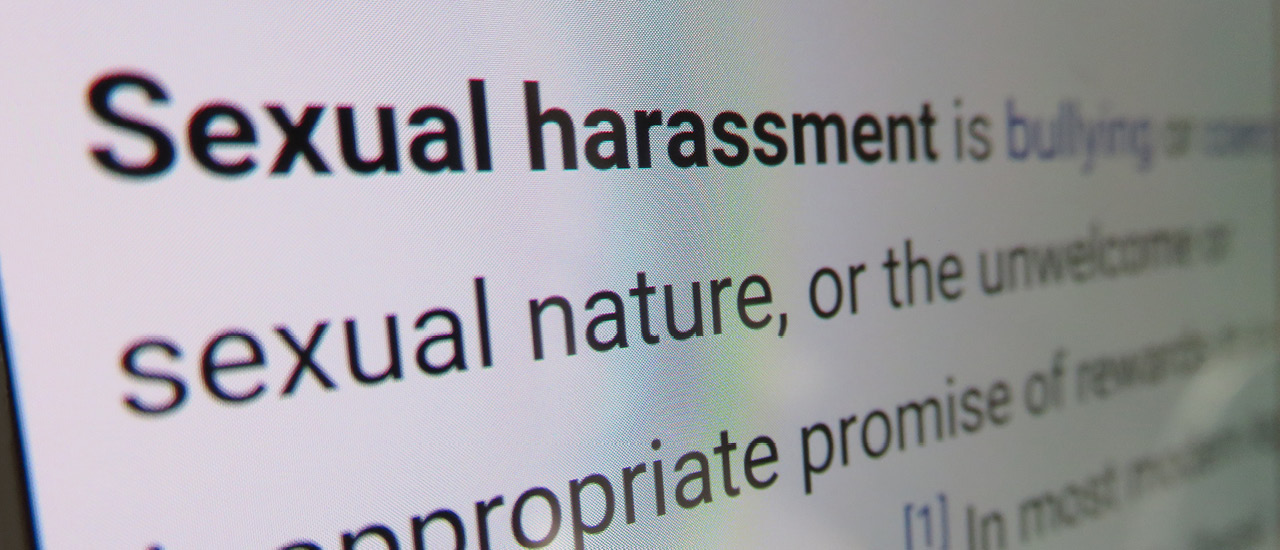Merely Having a Sexual Harassment Policy Is Not Enough

The Court of Appeals for the Second Circuit recently upheld a $125,000 award against the University of Connecticut Health Center, holding the Health Center responsible for an employee’s sexual harassment of a coworker.
In September 2013, Plaintiff Mindy MacCluskey filed suit against UCHC in Connecticut federal court. She alleged a male coworker of hers was touching her and making inappropriate comments, and her employer knew or should have known and failed to take action.
In her complaint, MacCluskey alleged she complained about her coworker’s behavior to other coworkers between 2009 and 2010, and his behavior escalated through 2010.
Since the alleged wrongdoer was not MacCluskey’s supervisor, for UCHC to be responsible, it must have known or should have known about the harassment and must have failed to act.
Court Decision
In August 2016, a jury found for MacCluskey, awarding her $200,000 in damages, which was reduced to $125,000 by the trial court.
UCHC appealed using what has come to be known as the Faragher/Ellerth Defense (named for two 1998 Supreme Court decisions), thus asserting it had a sexual harassment policy, and MacCluskey knew about the policy but failed to make a complaint under the policy for two years.
Ignorance isn’t always bliss, especially where the court finds your ignorance willful.
In upholding the award of damages, the Second Circuit panel relied on evidence that in 2000, the alleged wrongdoer had sexually assaulted a coworker and was given a "last chance" agreement, prohibiting him from any such conduct in the future.
This was enough, the court held, to put UCHC on notice of his wrongful behavior.
Further, the alleged harasser’s supervisor should have conducted a proper investigation after rumors circulated about a situation between him and MacCluskey.
The court held "even where an employer provides a reasonable avenue for complaint, it may be liable if it knew or should have known about the harassment and failed to take appropriate action."
Implication for Employers
This case should come as a reminder for employers that the mere existence of a sexual harassment policy does not mean you can always avoid liability.
This is especially true where you have had or should have had knowledge of workplace harassment and failed to stop it.
The moral of the story: Ignorance isn’t always bliss, especially where the court finds your ignorance willful.
About the authors: Robert Brody is the founder of the law firm Brody and Associates LLC in Westport. Lindsay Rinehart is an associate at the firm.
Register now for CBIA's Sexual Harassment Prevention Training, March 1 from 8:30–11:30 a.m. at the Hilton Garden Inn in Wallingford. A second program will take place April 25 from 8:30–11:30 a.m. at the Courtyard by Marriott in Norwich.
RELATED
EXPLORE BY CATEGORY
Stay Connected with CBIA News Digests
The latest news and information delivered directly to your inbox.


